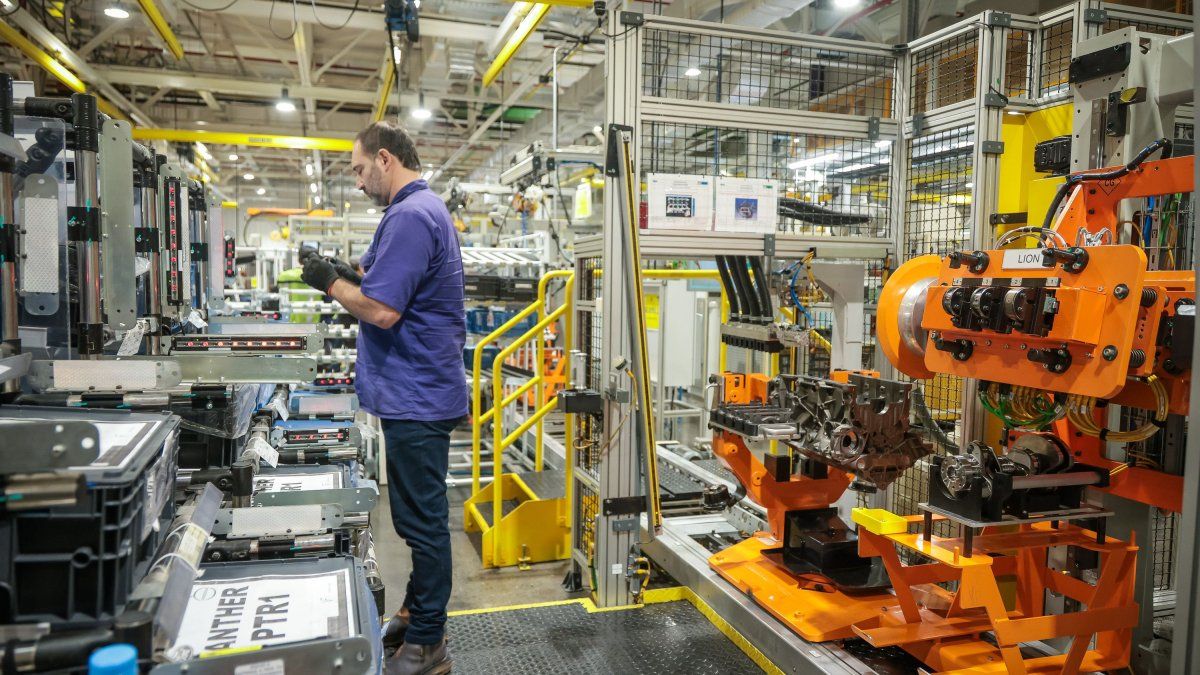With 20 business days of activity – one less than in its inter-monthly and inter-annual comparison – the automotive terminals produced 53,701 units, 2.4% above the records of the previous October and 5.1% less compared to November of last year. when 56,569 units were manufactured.
According to the entity, in the accumulated period from January to November, the sector produced 468,553 passenger and utility vehicles, that is, it registered a decrease of 18.3% compared to the volume that was manufactured in the same period of 2023 (573,742 units).
But the data that businessmen in the sector look at is what happens with the foreign trade. The terminals as a whole exported 32,262 units during November, which translated into a decrease of 10.3% compared to last October and an increase of 6.1% compared to November 2023.
This shows a slight improvement in the latter part of the year. Between January and November, the terminals exported 288,068 units, 5.3% less than the 304,084 units that were sent to various markets during the first 11 months of 2023.
There is concern in the sector about what may happen in the coming months. With the brazilian currency which continues to be devalued, in the main market for Argentine car sales, the outlook is complicated in terms of competitiveness.
The reason for this is confirmed in the statistics released by ADEFA. worry.
Of the total of those 288,068 exported units, 72.3% were destined for Brazil. In specific quantities they represented 208,385 vehicles. This way, 7 out of every 10 cars exported go to that country.
The rest of the exports It is distributed among Latin American countries and very few sales to other markets.
What further aggravates the situation is that while all markets show decline in the annual cumulative comparison (except for a slight growth in the group of Central American countries), the neighboring country has been recording rising numbers. With a real that is devalued, Argentine exports to that country become more expensive.
“November was consolidated as the best month of the year in terms of production, also registering a positive performance in exports and wholesale sales when compared with the results of the same month of the previous year, allowing us to continue cutting the year-on-year decline and close the year better than the projections made at the beginning of 2024,” he highlighted. Martin Zuppi, president of ADEFA.
The manager added that this improvement process “is the result of working together with the value chain and the Government, highlighting the elimination of the PAIS tax, among other measures, which contribute to having a scale, competitive industry that continues by investing, export more and new markets and enhance its already outstanding economic multiplier effect.”
Source: Ambito
David William is a talented author who has made a name for himself in the world of writing. He is a professional author who writes on a wide range of topics, from general interest to opinion news. David is currently working as a writer at 24 hours worlds where he brings his unique perspective and in-depth research to his articles, making them both informative and engaging.




